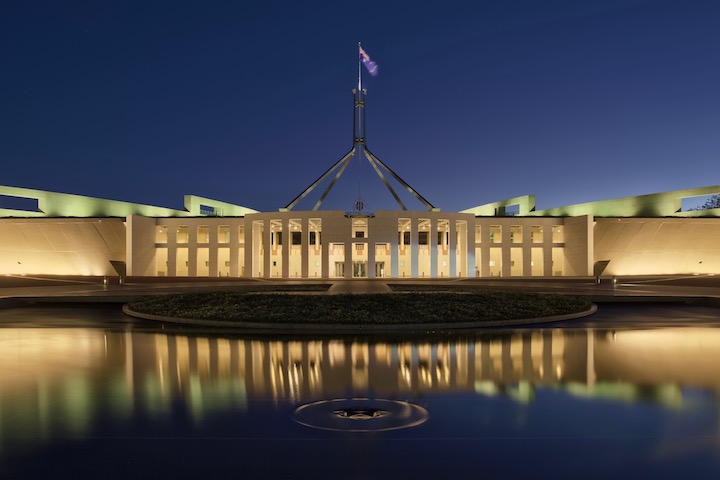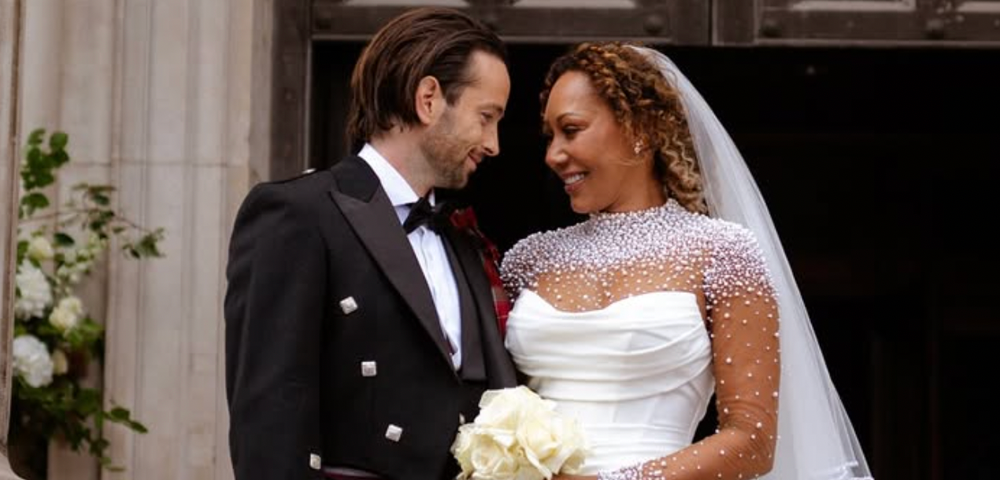
VEOHRC responds to Religious Discrimination Bill

The Victorian Equal Opportunity and Human Rights Commission has provided its response to the federal government’s controversial draft Religious Discrimination Bill.
In a letter sent to the government last week, the commission noted that the current draft of the Bill fails to balance individual rights against one another – with the potential to have several harmful, unintended consequences.
Victorian Equal Opportunity and Human Rights Commissioner Kristen Hilton said that while all people should enjoy the right to religion and belief, the expression of those rights shouldn’t infringe on the rights of others.
“Every day, the Commission hears about discrimination and vilification targeted at members of the Victorian community, including religious groups,” Commissioner Hilton wrote.
“All people in Australia should be protected from discrimination on the basis of their religious beliefs, which is why we welcome the Commonwealth Government proposal to protect religious belief in federal anti-discrimination law.
“But religious expression needs to be balanced against other rights, such as the right to be free from discrimination. This Bill does not get the balance right. By privileging religious expression, the rights of other people are diminished.”
The commission identified five key clauses that must be removed from the Bill to prevent harm to people in the broader community, such as people in the workplace and people accessing health services.
The clauses identified include ones that restrict an employer’s ability to set rules that ensure safe and inclusive workplaces, enable religious businesses to claim discrimination, and unnecessarily expand upon religious exemptions.
The commission claims that these clauses are likely to have an impact on the most vulnerable people in the wider community, including women, people with disabilities and LGBTIQ people.
Clause 41, which privileges “religious expression over other discrimination protections” is of particular concern to the commission, as it enables a person to “make comments that would otherwise be considered discriminatory, as long as the comments are a genuine ‘statement of belief’ made in good faith.”
Examples of speech that may be permissible under this clause include homophobic and misogynistic abuse as it permits “a range of hateful conduct aimed at LGBTIQ people and communities causing significant harm, such as being told they will go to hell for their sins”.
Among other vital concerns are the Bill’s potential impacts on professional and employer obligations to medically treat patients, such as by providing contraception and abortions.
While patients are currently protected by professional guidelines which uphold the right to information and referrals, the executive director of community advocacy group Fair Agenda, Renee Carr, told The Guardian that those protections could be lost.
“If these laws were brought in, any professional guidelines or employer policies that seek to ensure patients’ access to care, or protect patients from obstruction by practitioner’s religious beliefs would be open to challenge,” she said.
Carr also notes that this could empower health professionals to object to treating anyone based on religious grounds.
“The law starts from the position that they have a right to do so unless that right is challenged,” she said.










One of the problems religious fanatics – and that includes some senior members of all religious denominations – face is that they cannot make up their minds as to what God wants. The fact is they simply do not know, and are incapable of knowing, what it is he/she wants of us. They simply cite phrases from those pseudo-historical books the Old and New Testaments – both of which were written by , entirely for the benefit of men. Christians quote/cite the New Testament and claim that it is an accurate record of what Jesus said and did. This is, quite simply, impossible. Even the most expert Theologians within the two major Christian denominations, Roman Catholicism and Anglicanism, agree that the first written record was not written down until, at least, 64 years after the death of Jesus! There is no way that any of those records could be even in the slightest way accurate.
Yes, by all means people should have the Right to practice their religions BUT they should not be allowed to Discriminate, Debase or preach Hatred of those who do not agree with them. In today’s Secular Australian Society, by a vast majority, most people simply don’t give a toss about Religion. They just get on with their lives as best they can. Having been involved in employment for decades only once, way back when I first joined the workforce, did Religion become an issue. That was when I was told that I should list myself as “Anglican” on my application form because the company – a very big Retailer – would not employ Roman Catholics. In all the years since religion has never been an issue and I have never asked anyone about theirs or lack of it.
Religious organisations want the Right to Discriminate – a Right denied to all others. – incidentally when we are terminally ill, have had a serious heart attack or a stroke – even if we have given written instructions that in the event out Quality of Life cannot be restored to the same or near level prior to illness and are just to be “kept comfortable” a Doctor/Nurse, or other person with religious beliefs, can discriminate against us by simply ignoring our wishes and resuscitating us. That is Discrimination of the worst sort.
“Carr also notes that this could empower health professionals to object to treating anyone based on religious grounds.”
I agree that faith healers should have this right. Any medical professional purporting to follow medical science needs to justify their refusal on medical science grounds, not religious ones.
To put it another way, would you accept your bank telling you that their investment strategy with your savings is praying really hard that some god will pay interest on them? Of course not, and I presume neither would APRA and the other financial regulators.
Medical professionals who believe in religion over medicine need to be exposed as the dangerous quacks they are. Exhibit A, they claim “religious exemption” not to treat a class of human beings, that’s it they’re quacks.